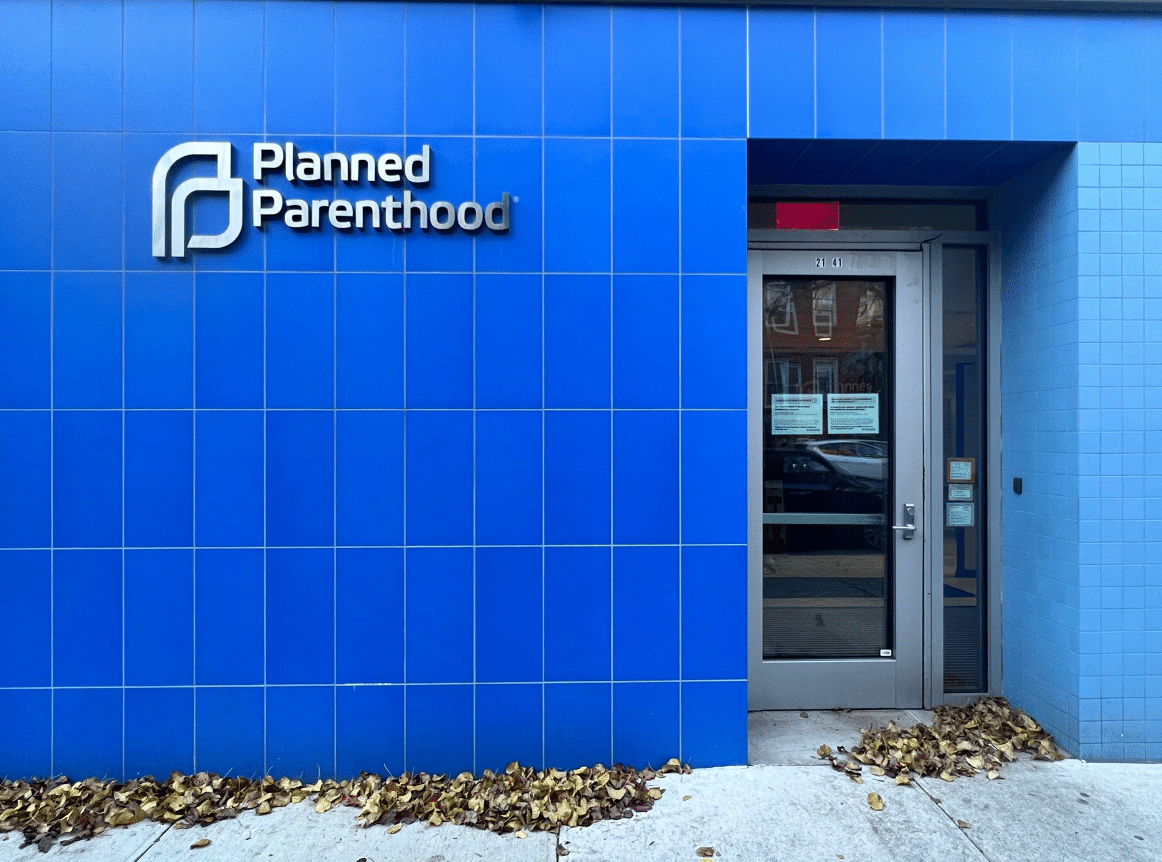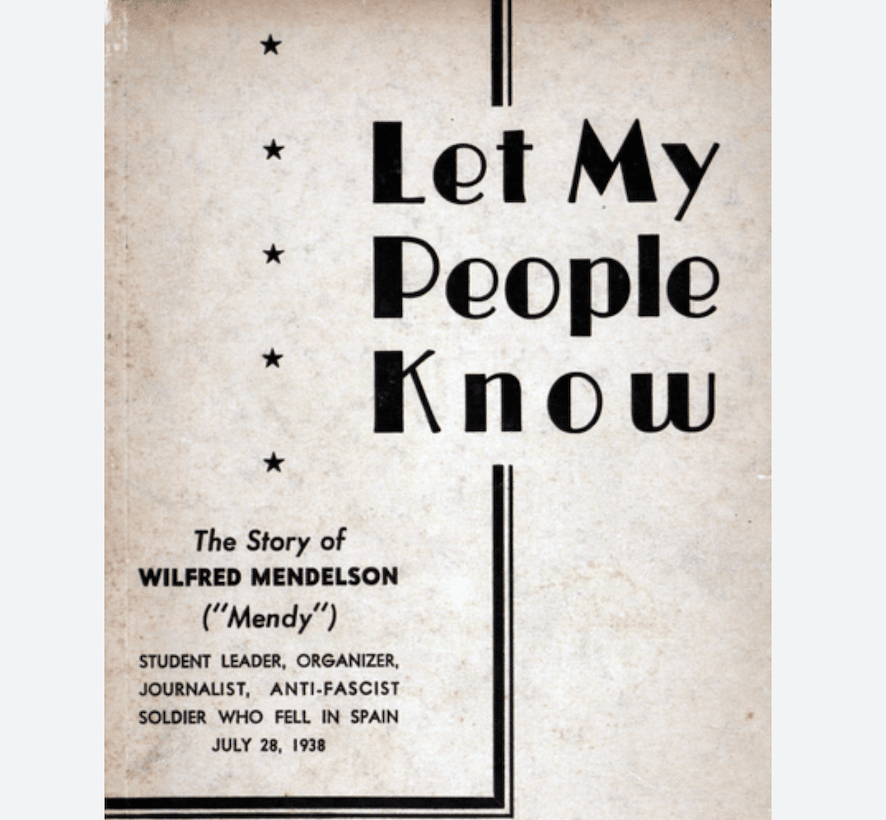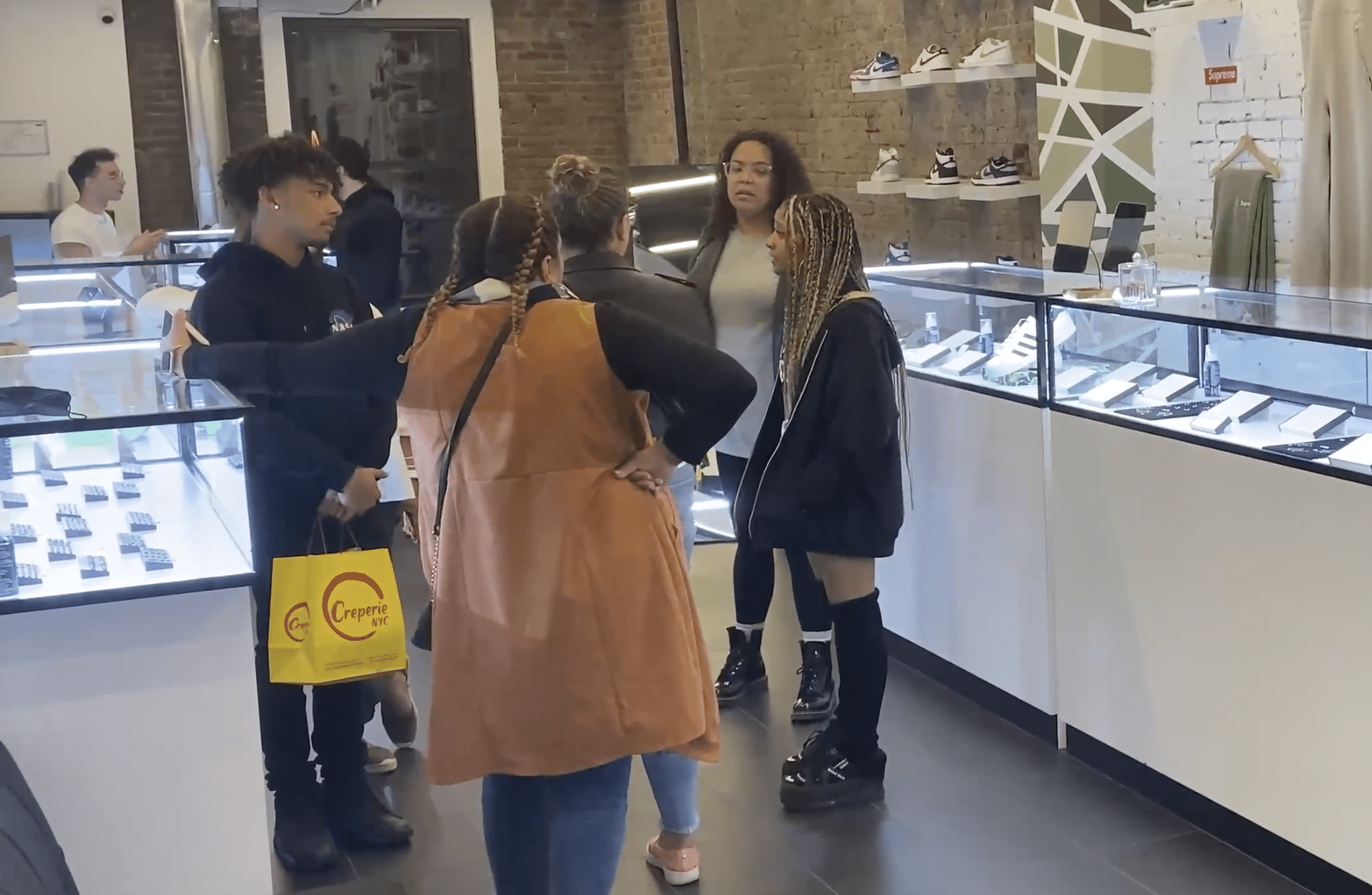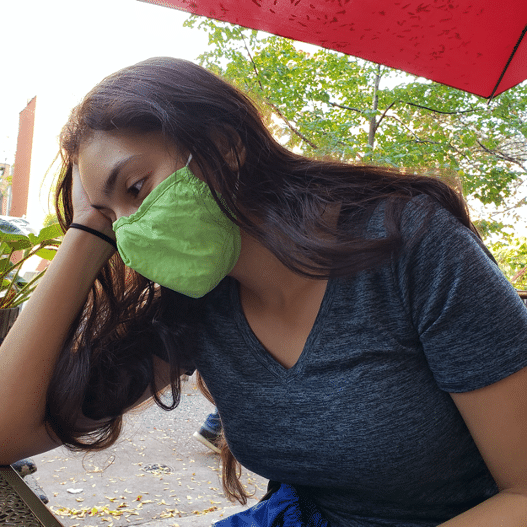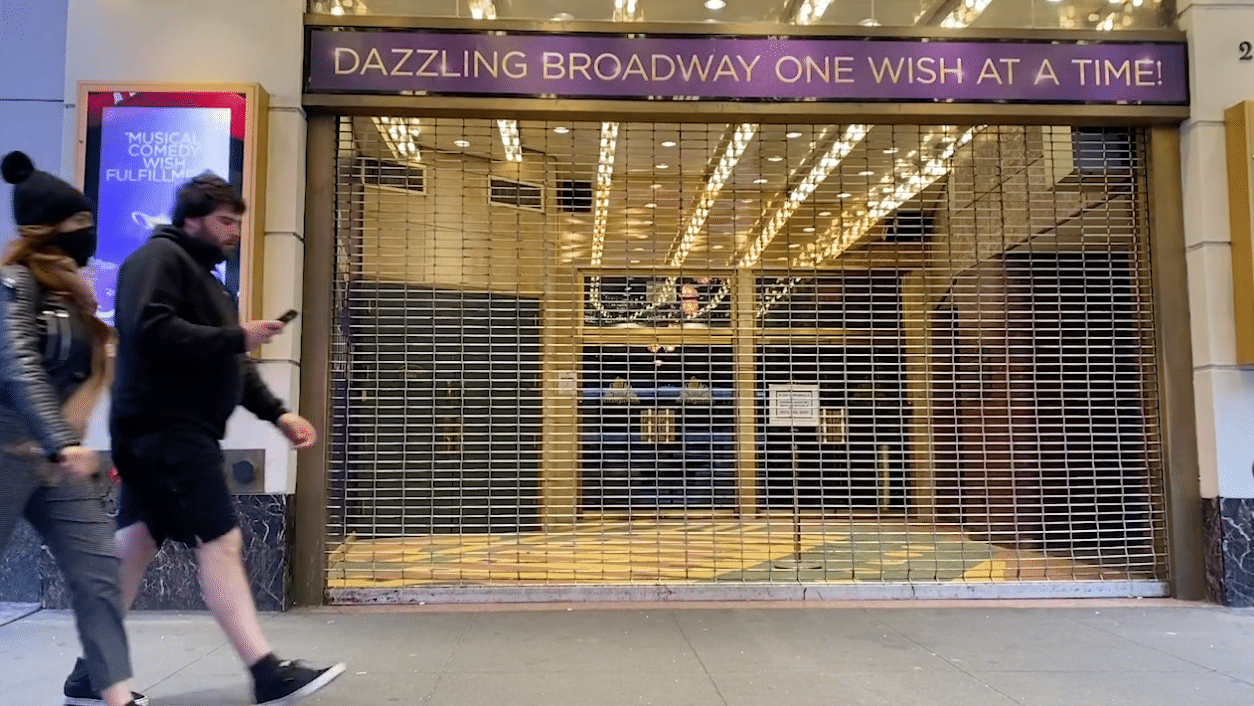Planned Parenthood facilities are not exclusive to women's reproductive health, but also provide health services for men and members of the LGBTQ community for general wellness. Photo of The Diane L. Max Health Center in Queens, NY by Krystal Suriel
by Krystal Suriel
updated February 15, 2022
Elizabeth Betanzo, a 20-year-old Bronx resident, remembers the early days of her adolescence when she recalls not being educated on sex in general, much less safe sex. This lack of knowledge caused her to rely on emergency contraceptives.
“Plan B’s are like $50. I remember my partner and I having to use my allowance money to be able to purchase one,” said Betanzo. “It wasn’t until I discovered Planned Parenthood that I was able to walk in and purchase emergency contraceptives for $6. They make it clear that there’s no need to feel embarrassed because it’s completely normal.”
However, if current trends continue, those in situations similar to Betanzo’s might not have Planned Parenthood to rely on. Due to overturned abortions laws, many states only have one abortion offering Planned Parenthood clinic. Yet, the organization offers several health services that are not exclusive to women. These range from birth control to testicular and prostate cancer screening to HIV-prevention medication.
Many trans folks across America face gatekeeping and unwelcoming clinics when seeking to begin their medical transitions, and they often turn to Planned Parenthood. Clinics across the country offer the informed consent option, which means a patient can provide consent after receiving information on hormones, as opposed to needing a psychiatrist note. Some trans people find this helpful if they’ve had to wait until they’re 18 or older to begin hormone replacement therapy.
Jae Kim, a 24-year-old woman of trans experience, recalls questioning if transitioning was even suitable for her two years ago but decided to give it a try. In September of 2019, she walked into the Planned Parenthood in Queens after waiting a few months for her initial hormone replacement therapy appointment.
“I talked to a doctor who explained that Planned Parenthood was an informed consent clinic,” said Kim. “I’m so grateful because I haven’t told my therapist that I’m trans. That same day, after the doctor explained what medications I would be prescribed along with the side effects, I left the clinic with my estrogen in hand.”
Men can take advantage of Planned Parenthood as well. Erectile dysfunction, male infertility, and premature ejaculation education, exams, and treatments are some of the male reproductive health services offered by the organization.
A 32-year-old man from Brooklyn, who prefers to remain anonymous, recently went to get a vasectomy. “Although it’s a little scary to have a procedure of any kind on your testicles, I couldn’t be happier,” he says. “The actual process was relatively easy, and recovery was minor. My wife got off hormonal birth control for the first time in 10 years; her health, mood and sex drive have all improved.”
The man disagrees with threats to reproductive health, largely based on politics. “To lawmakers against Planned Parenthood, I’d say: it’s a great punching bag,” he explained. “But men and women need health services, and you’re denying people health care to score political points.”
Tags: CCNY City College of New York City College student journalists informed consent clinic LGBTQ health men's health Mississippi abortion law Planned Parenthood Planned Parenthood v. Casey reproductive health women''s health
Series: Politics
